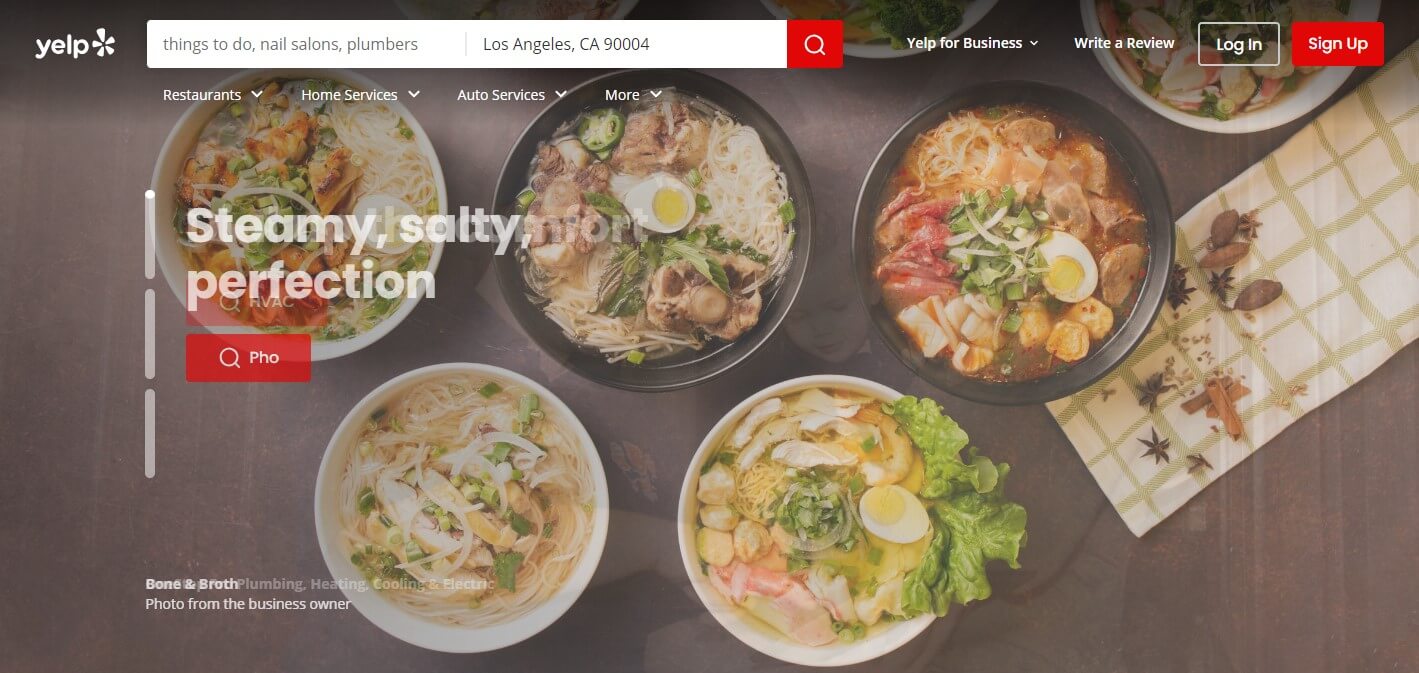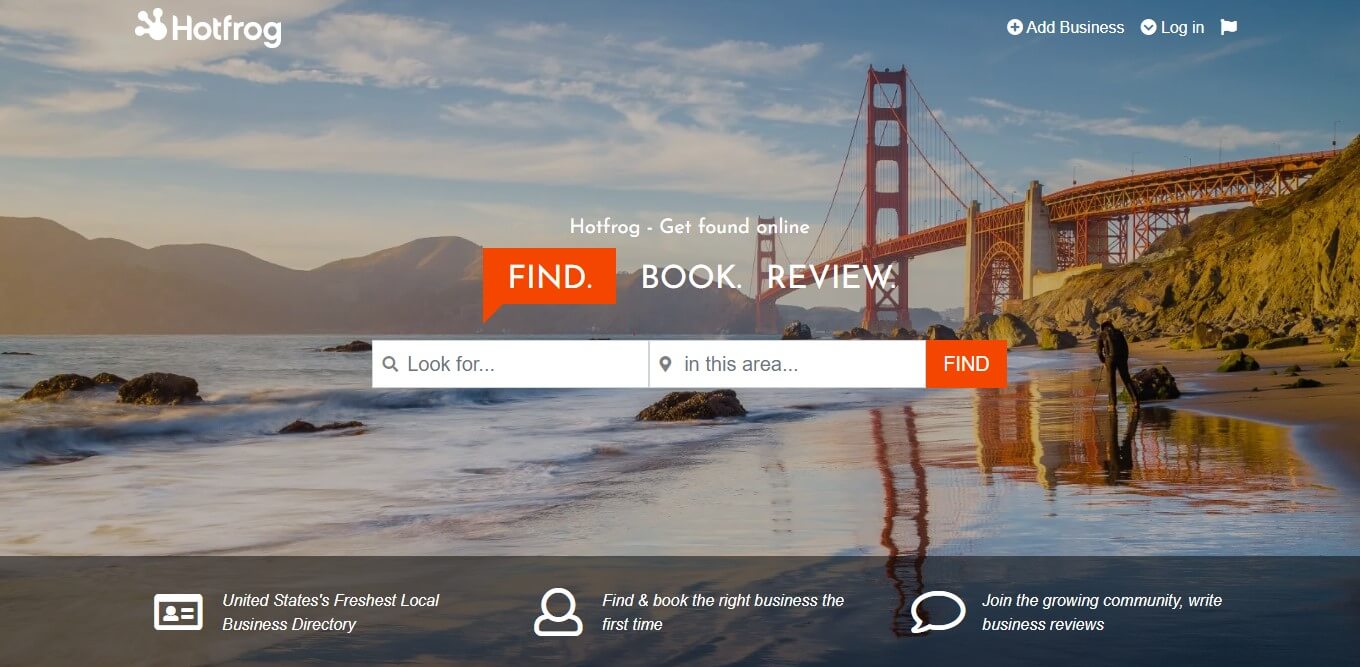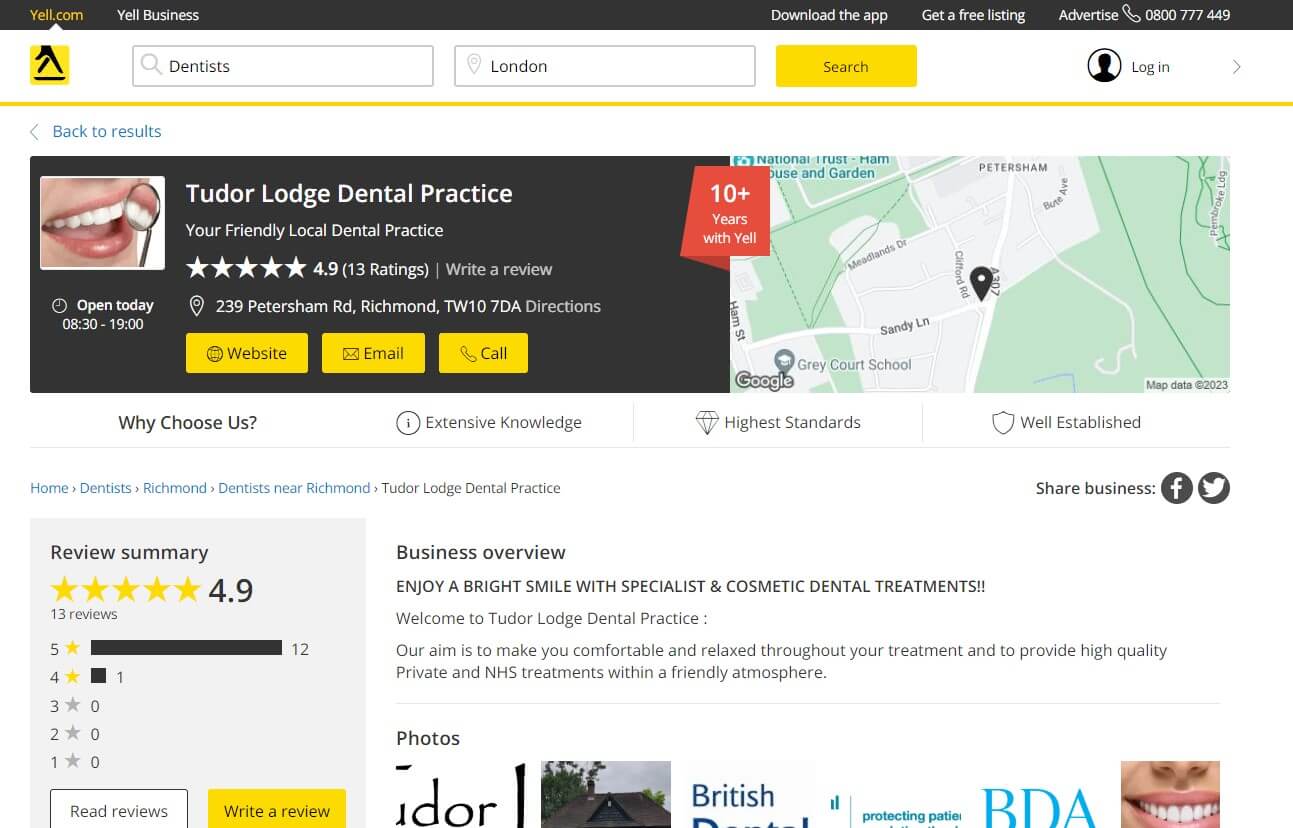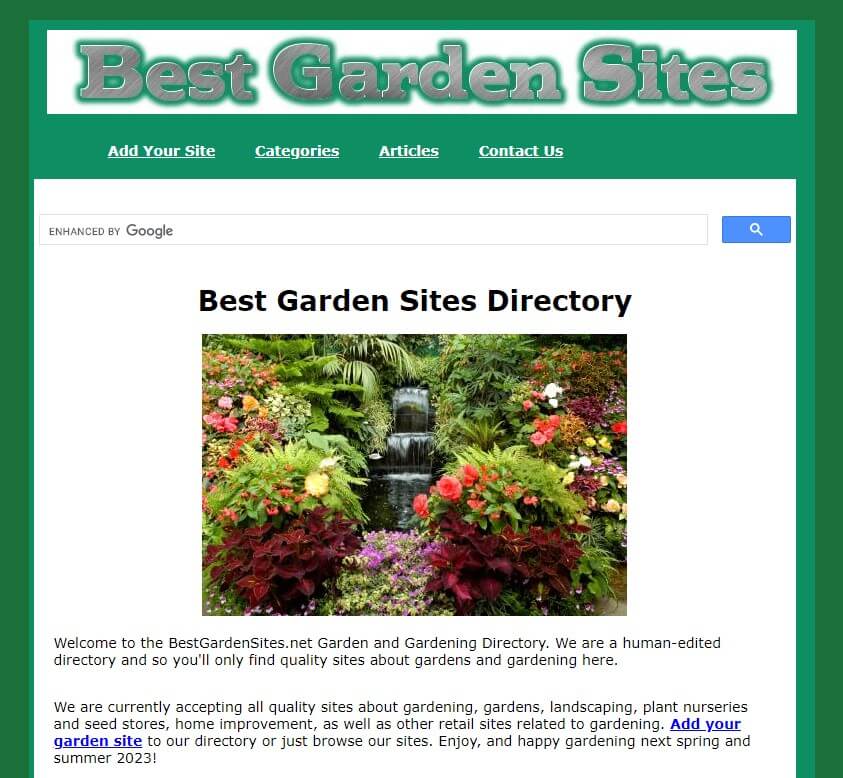
What’s better than link juice?
Getting link juice flowing for a brand new site, that’s what.
Every SEO knows how tedious (and sometimes painful) link building can be. For new sites, that's especially true.
You don't yet have the authority and reputation behind you, which makes earning backlinks harder, and slower.
And without a solid base of good links, your website is at a disadvantages in the SERPs—even if you're doing all the other SEO stuff right.
So what can you do?
Two words:
Directory backlinks.
They're one of the quickest ways for new sites to build a strong foundation of quality links, because they're nice and easy to get.
And who doesn't like the sound of a guaranteed backlink (or few)?
What are Directory Backlinks?
In SEO terms, a directory is a website that lets you submit a website URL in order to create backlinks. Places like Yellow Pages and Yelp are examples of well-known directories you can get backlinks from.

As we know, backlinks are an important ranking factor used by Google.
The more links from high-quality and relevant sources you have pointing at your site, the higher your rankings.
Directory backlinks should be some of the first links you build for your site, because they're pretty much guaranteed—they're backlinks just waiting to be built.
Why Should You Build Directory Backlinks?
For starters, Google values good directories (also known as business listings) so much so that they're a part of the local search algorithm.
But if you need more convincing:
- They provide foundational links for new websites and help make up a diverse backlink profile.
- They help to build your website's trust and Domain Authority, as well as helping with brand awareness.
- They're cheap to build. Many directories offer free listings and you don't need any specific tools to find or build them.
- When compared to other link building tactics, they're quite efficient and easy to get—just find a directory and submit your information.
- They can send referral traffic to your site.
When it comes to directories, there are five main types you want to get links from:
- General directories
- Business listings
- Local citations
- Paid directories
- Niche directories
Let's look at these in more detail:
#1. General Directories
These are directories that accept submissions from lots of different niches of site, directories like Jasmine Directory and Hotfrog.

While not as focused as other directories, they're the easiest to build (as they accept almost all listings) and are viewed as a good authoritative source.
#2. Business Listings
Business listings are valuable links as part of local SEO, but are also great foundational links to build.
Places like Yell is a good examples of business directories to get listed on.

A lot of them are do-follow and Google trusts these sources, and therefore the sites that are listed on them.
#3. Local Citations
Local citations (or geo-targeted directories) are must-have backlinks for local businesses. Places like Google My Business and Bing Places are good examples.

These local listings won't be as authoritative as some of the bigger business directories, but they do send specific and relevant signals to your site.
Just make sure the local area is relevant to your site/business.
#4. Paid Directories
As the name suggests, paid directories are places where you need to pay money to get listed, such as Best of the Web.
Paying to be listed reduces the amount of listings in the directory, and so the link juice of the domain is less spread out. This means your listing will generally be considered more powerful by Google.
#5. Niche Directories
Niche directories like this garden directory site offer a double win when it comes to links:
A do-follow and super-relevant backlink.

It goes without saying that you should only be listed on niche directories that your site is related to. But if you meet the criteria, these can be very lucrative links to get in comparison to how easy they are to build.
Building High-Quality Directory Backlinks in 3 Steps
The overall process of getting directory backlinks is simple: Find new directories to submit to, make a shortlist of the best ones, and submit a listing with a backlink to your site.
#1. Find New Directories
There are two ways you can do this:
A. Use advanced search operators
One of the quickest way to find new directories is also free! Nice.
Say hello to advanced search operators.

There are loads of search operators to go at, here are just two which will be useful for finding directories to submit to:
- Inurl: - this shows results which contain a specific keyword in the URL
- Intitle: - this shows results which contain a specific keyword in the title
Just head over to Google and use some of these search operators to discover some easy backlink opportunities:
- "industry" inurl:directory
- "industry" intitle:directory
- "city" intitle:directory
- "niche" + directory (Example: "fitness + directory")
- "niche" directories
- "niche" + "submit site"
- "city" + directory
- directory + "city"
- submit my site + "city"
- "niche + city" + directory
- "city" + directories
B. Steal directories from your competitors
Reverse-engineering your competitors' backlinks is a great way to unearth easy directory backlinks that you can go build for yourself.
Because why spend ages researching new links to build when your competition has already done it for you?
To do this, you'll need to use a backlink analysis tool to find the sites that are linking to your competitors.
#2. Choose the Best Directories to Submit to
Now, you probably have a long list of potential directories in front of you to get backlinks from.
But before you rush ahead and start building them, you need to make sure the directory is a worthwhile one to get a link from. There may be little point spending time building a listing if it's not going to move the needle for your site.
Here's what you need to check for each one:
- Relevance
First and foremost, is the directory relevant to your niche/industry?
Building a link on a directory about building supplies when your website is about accountancy is not relevant. If it's not relevant to users, it's not relevant to Google.
- SEO metrics
You also want to check if the site has a high DA and will pass link juice to your site.
A quick and easy way to check multiple directories at once is to head over to CheckMoz and paste in your URLs (you can check up to 10 at a time):
Then hit "Find Moz Metrics" and you’ll see something like this showing you the DA of the site:
You can even export to CSV.
- Audience
Finally, does your target audience use the directory?
While directory backlinks are good for SEO, don't forget that listings on relevant niche directories are also a chance to get some targeted referral traffic flowing to your site.
#3. Submit Your Business Listing
From here, it's quite a simple process.
Once you have your list of directories, you go through them individually and either create a new business listing for your site or make sure your existing listing is up to date with all your correct information.
The key information you want on your listing is your business name, address, contact details, and of course, a link back to your website.
Then just submit your listing and wait for it to get approved. Some directories may publish listings automatically, while some may have a several week review process.
Final Thoughts on Directory Backlinks
Now you're equipped with everything you need to know about getting listed on directories and improving your backlink profile.
It can be a slow process. But you shouldn't neglect building directory backlinks.
Yes they aren't particularly cool, and the process of building them can be tedious, but building them lays a solid foundation of links for your site.
It sets your website up so that you can go forward and continue to build high-quality backlinks safely.
Just remember: SEO is a marathon, not a sprint.
Laying these links now sets you up for success in the future.










